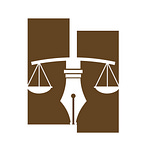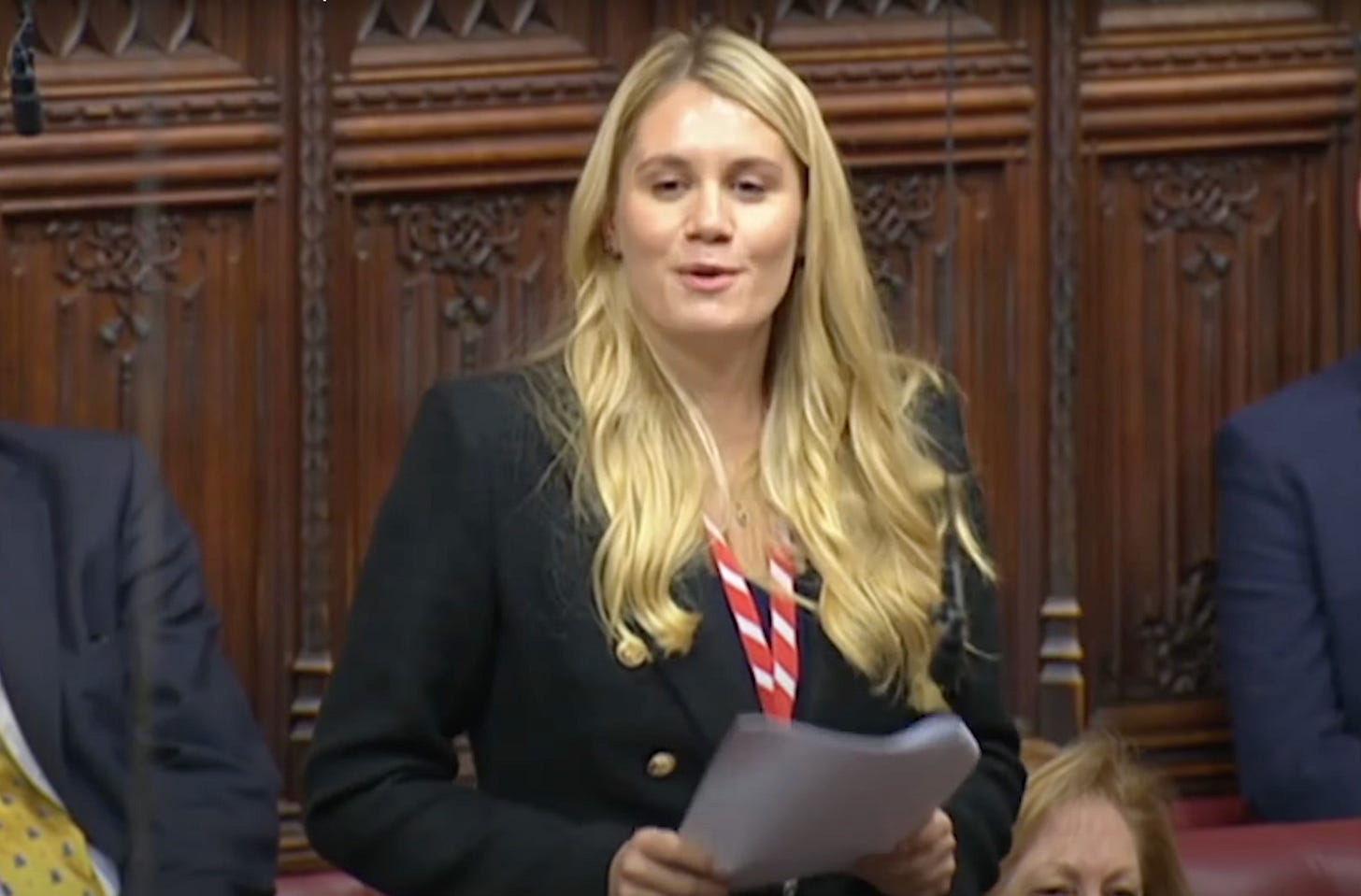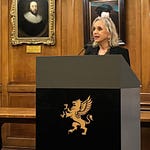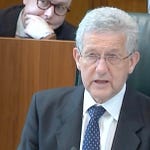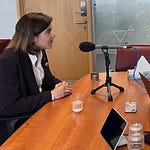A bill that would make it illegal to create or solicit sexually explicit or intimate images without the consent of the people in them will be considered by the House of Lords next week.
The bill would cover deepfake content, where photos or video are digitally manipulated to make a person appear to be in an intimate situation.
Baroness Owen of Alderley Edge, who was the youngest member of the House of Lords when she was nominated in Boris Johnson’s resignation honours list in July last year, has sponsored the Non-Consensual Sexually Explicit Images and Videos (Offences) Bill as a private member’s bill. Its second reading debate is scheduled for 13 December.
Owen explained the purpose of her bill in a note to House of Lords library:
The problem of sexually explicit deepfakes is one that is inherently sexist and rapidly proliferating. They have been described as the new frontier of violence against women. The content is created using generative AI and can be made in a matter of seconds with easily downloadable nudification apps or online platforms. Whilst it is illegal to non-consensually share sexually explicit deepfakes online, it is still not illegal to create them in the first place.
The bill was prepared with the help of Clare McGlynn KC (hon), a solicitor and professor of law at Durham University (pictured in the graphic above) who specialises in the legal regulation of sexual violence, pornography and online abuse.
For the latest episode in my podcast A Lawyer Talks, McGlynn spoke to me about Owen’s bill and the chances that it might attract government support.1
My podcast is a free bonus for paying subscribers. Everyone else can hear a short taster by clicking the ► symbol above.

